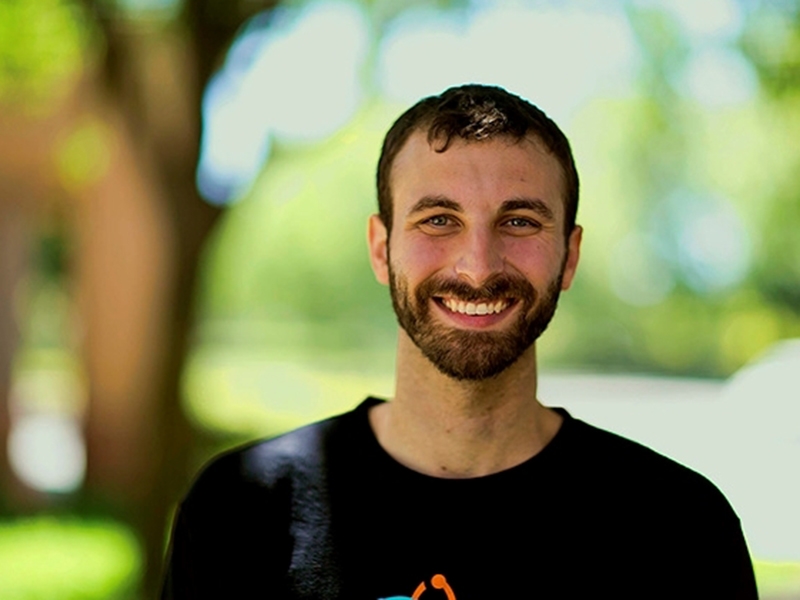The National Science Foundation awarded Grant Shields, assistant professor of psychological science at the U of A, with a prestigious Faculty Early Career Development award to support his research on the cognitive mechanisms and processes underlying inhibitory control under stress.
Inhibitory control is the means by which automatic urges, emotions and behaviors, like wanting to tell your boss what you really think about being asked to work Saturday, are controlled to produce (ideally) better outcomes (yes, you’ll work Saturday because the need for a paycheck outweighs the desire to tell your boss off).
A question of ongoing interest to psychologists is to what degree different contexts, such as the experience of a positive or negative emotion, influence inhibitory control, which is actually underpinned by a collection of cognitive processes. In this work, Shields will largely focus on studying inhibitory control under stress.
“Prior work on stress and inhibitory control has not considered all of the potential processes that might contribute to stress-related differences in inhibitory control,” Shields explained. “This has led to some inferences and conclusions within this prior work that may be incorrect. This project will, for the first time, examine all of these processes together, and in doing so determine whether the processes underlying stress-related differences in inhibitory control are the processes that we currently believe them to be.”
Shields added that the five-year, $454,000 grant would be used to further test a novel hypothesis that could lead to revision of accepted interpretations of these stress-related differences in inhibitory control.
CAREER awards are the NSF's most prestigious award for early career faculty who have the potential to serve as academic role models in research and education and to lead advances in their department or organization. The awards are for five years and include teaching and public-outreach components. This award will help cement the foundation of Shields’ career.
Shields is cautious in describing the specifics of the proposed work to maintain the integrity of the studies and the hypotheses being tested. But volunteers will participate in experiments where they are asked to complete cognitive tasks under various conditions. Task data will be incorporated into advanced computational cognitive modeling. Additional cognitive tasks will also be analyzed through mouse-tracking (the computer kind of mouse).
The data collected in this project will be used to develop a publicly available course, as well as workshops, to disseminate both the knowledge of the project’s results and the technical skills needed to use the project’s methods.
Shields is particularly excited about this last component. “I'm going to be tweaking and extending quite a few of the computational models,” he explained. “This is some pretty cool computational modeling. I'm going to develop a course to teach other people how to use these computational models, and I'll offer the course at the University of Arkansas and post the materials for it online, too.”
Though Shields believes this work could have long-term societal benefits contributing to improved mental health and productivity, he can’t promise he’ll have the right intervention for when the boss tells you to work Saturday. Sometimes less inhibitory control, or telling the boss off, might be the right solution.
About the University of Arkansas: As Arkansas' flagship institution, the U of A provides an internationally competitive education in more than 200 academic programs. Founded in 1871, the U of A contributes more than through the teaching of new knowledge and skills, entrepreneurship and job development, discovery through research and creative activity while also providing training for professional disciplines. The Carnegie Foundation classifies the U of A among the few U.S. colleges and universities with the highest level of research activity. U.S. News & World Report ranks the U of A among the top public universities in the nation. See how the U of A works to build a better world at Arkansas Research and Economic Development News.
Topics
Contacts
Grant Shields, assistant professor of psychological science
Fulbright College of Arts and Sciences
479-575-6602, gshields@uark.edu
Hardin Young, assistant director of research communications
University Relations
479-575-6850,
hyoung@uark.edu
